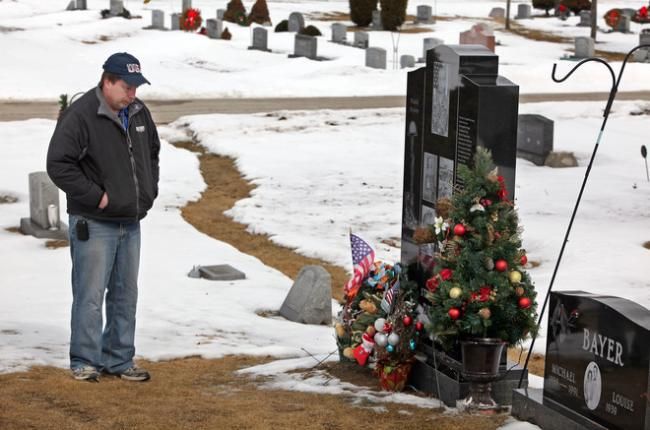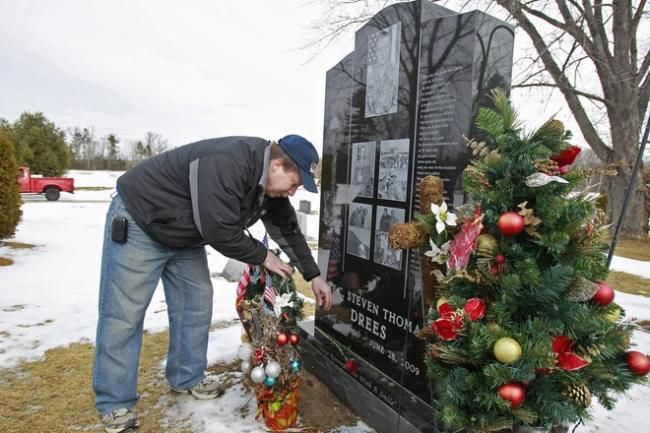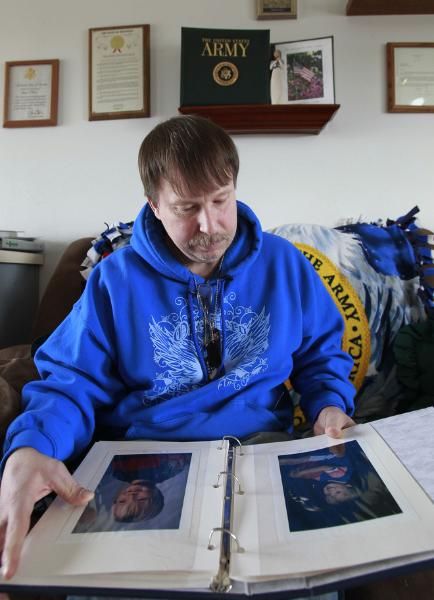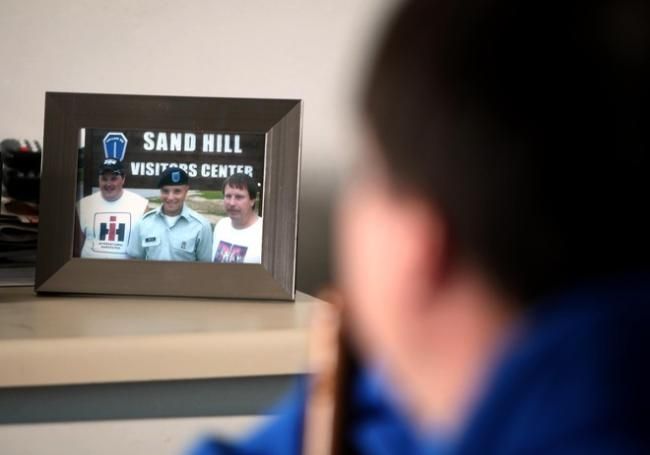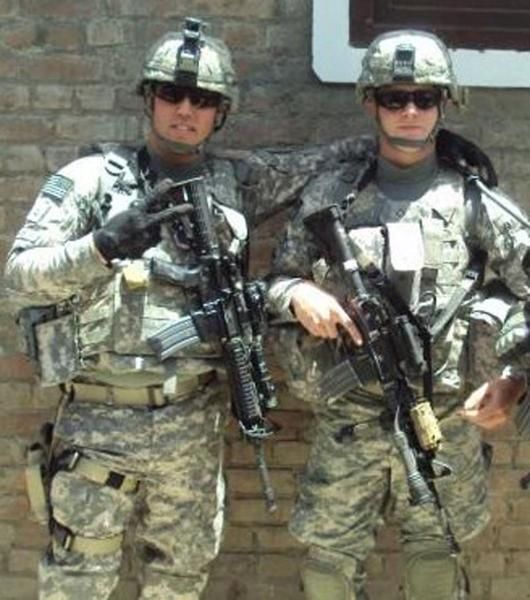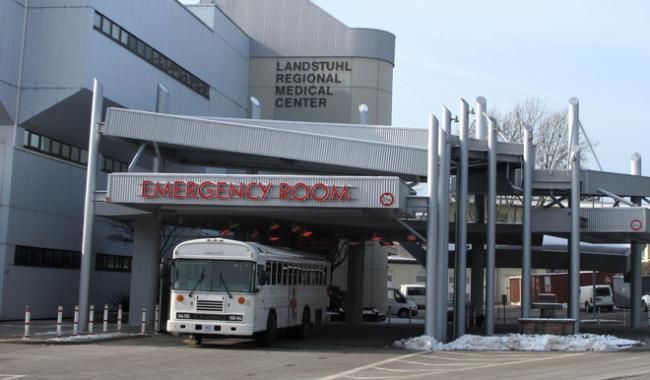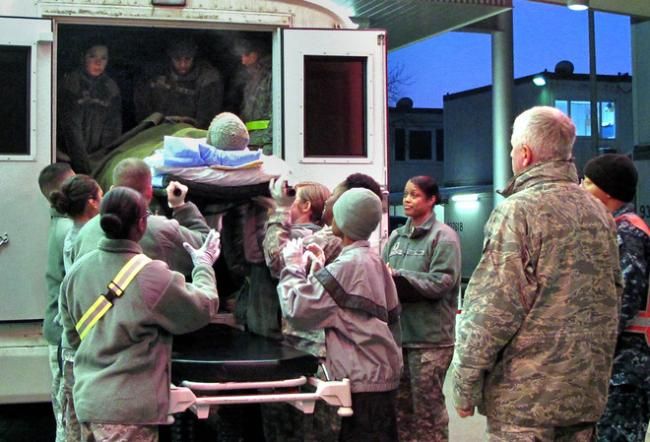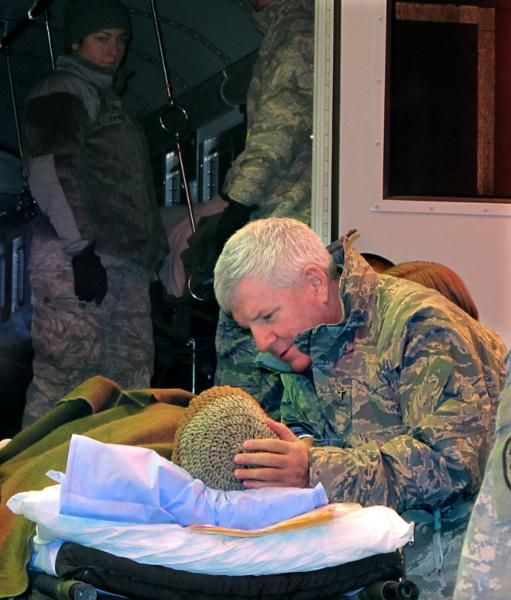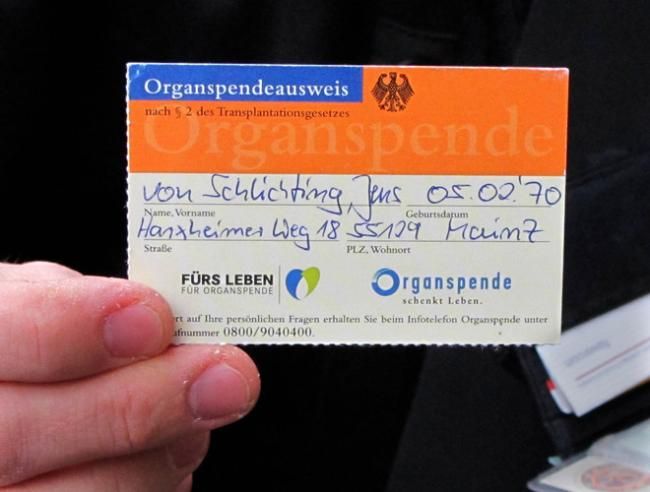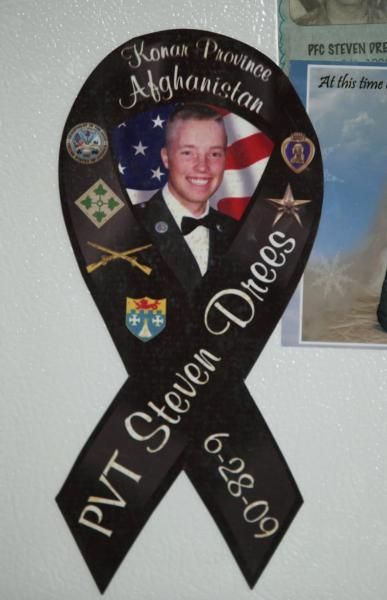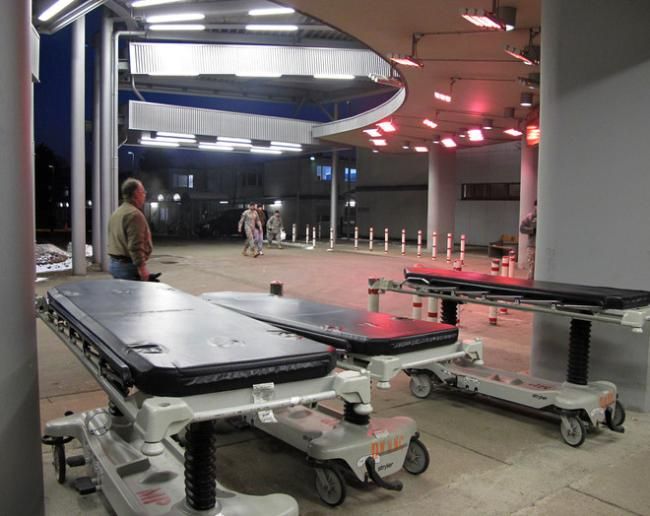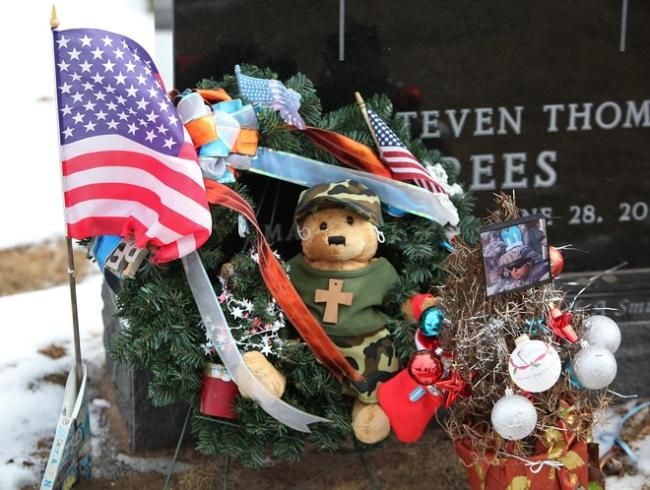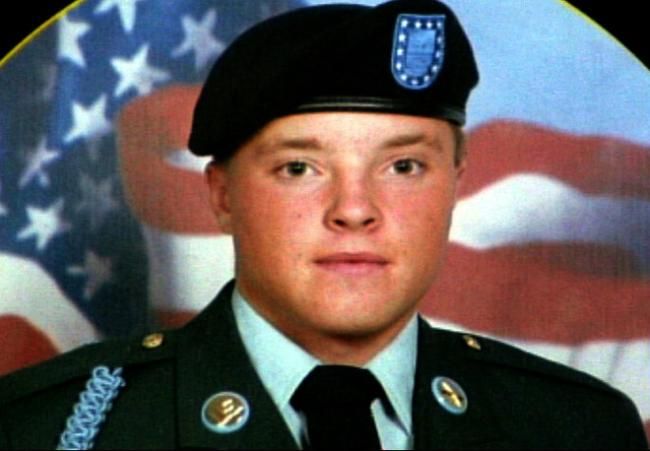April 20, 2011 | Milwaukee Journal Sentinel
By
Pvt. Steven Drees, from Peshtigo, was asked if he wished to be an organ donor before deploying to Afghanistan. He said yes. When his unit was ambushed under heavy fire, Drees was hit and evacuated to Landstuhl Regional Medical Center in Germany. Most of the organs donated by U.S. soldiers at that hospital go to those who need them the most. And the people who need them the most are Germans.
Transcript
